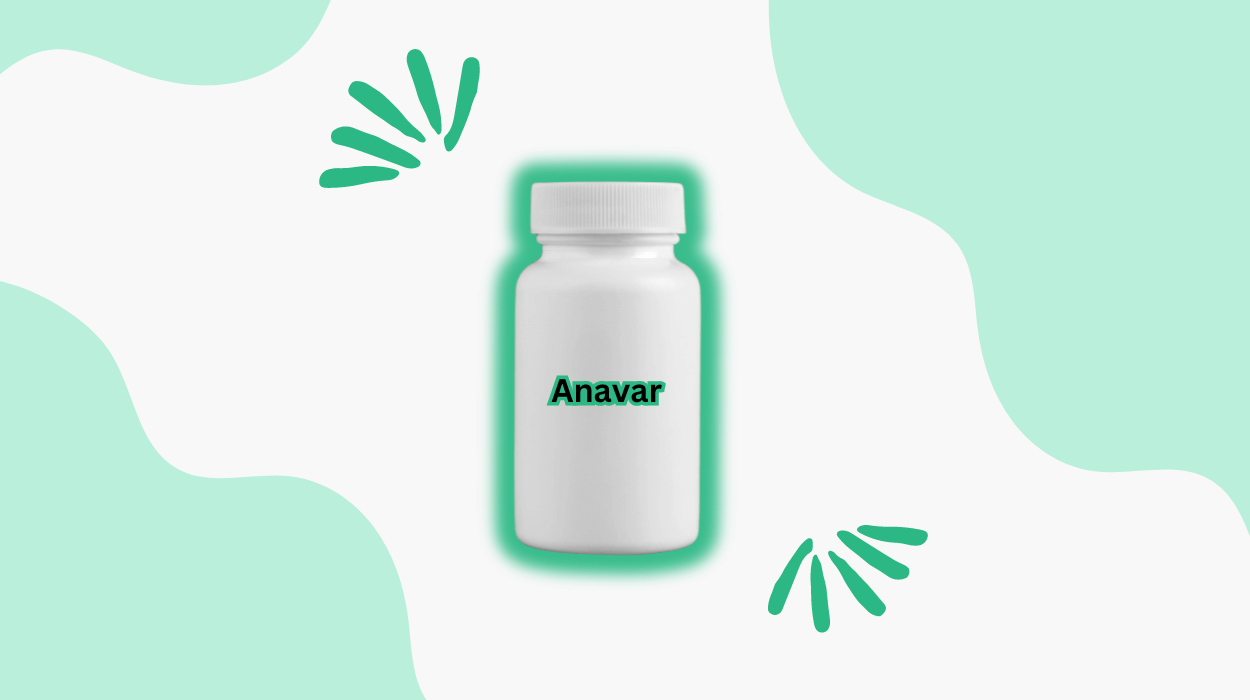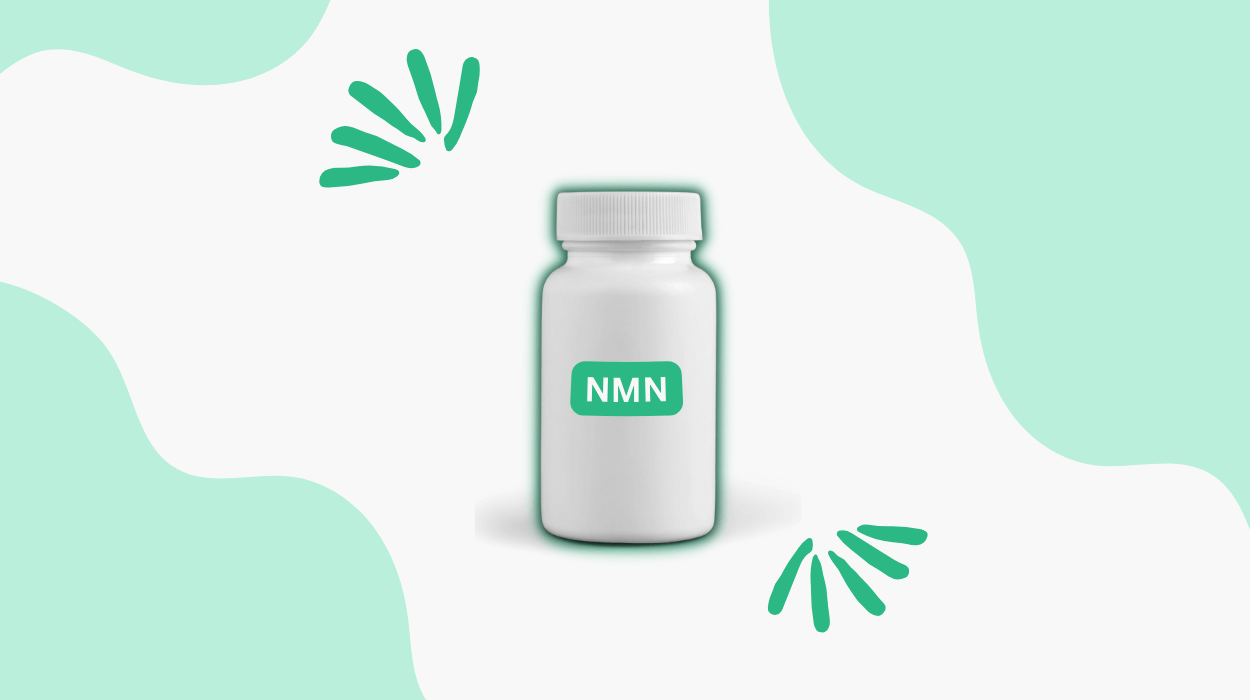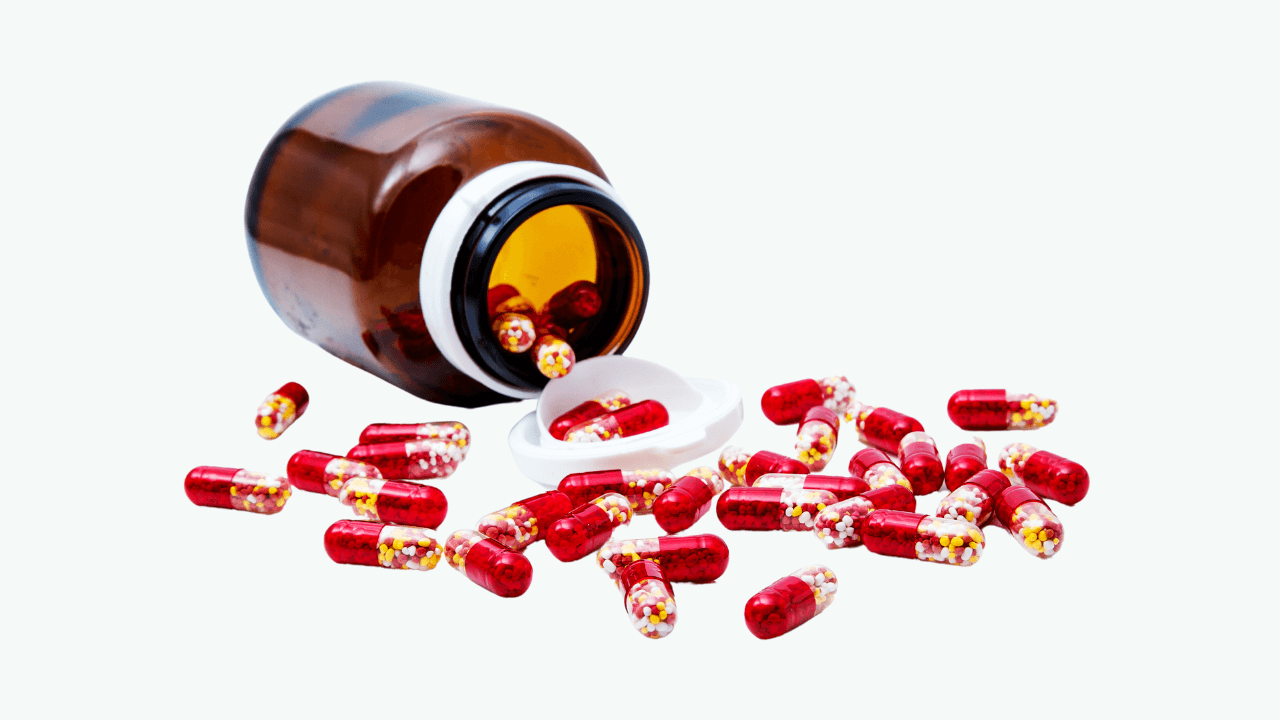

NMN (Nicotinamide Mononucleotide) claims to contain anti-ageing properties. However, there have been claims and controversies surrounding the usage of Nicotinamide Mononucleotide.
Some people claim that NMN has the potential to delay aging signs, suppress weight gain, improve metabolism, and support blood sugar control.
However, the FDA’s involvement in regulating NMN has sparked concerns and raised doubts about the safety and efficacy of NMN supplementation. So, you might wonder if NMN is worth a try.
This article will explore NMN’s efficacy in supporting energy metabolism and overall vitality. It will also discuss the safety profile of NMN, why people are refraining from taking exogenous NMN, and the recent legal status of NMN.
Nicotinamide Mononucleotide is a precursor for nicotinamide dinucleotide (NAD), which influences metabolism and energy production.
When the body lacks adequate NMN, the production of NAD is compromised. It may lead to fatigue, brain fog, muscle weakness, or an increased risk of developing degenerative diseases.
NMN is a naturally occurring molecule present within the human body. It may regulate energy for physiological functions and comprises nucleotides, the building blocks of DNA.
NMN may potentially reverse aging signs, suppress metabolic disorders, and support immune function. It may boost NAD levels, which improves athletic performance, enhance metabolic rate, and increase mitochondrial metabolism.
| NMN | Significance |
|---|---|
| Naturally occurring molecules in the body | Essential for DNA building blocks |
| Precursor for NAD | Vital for metabolism and energy production |
| Boosts NAD production | Enhances physiological functions and cellular processes |
| Supports overall health and well-being | Enhances energy levels and supports a healthy lifestyle |

The safety profile of NMN formulations requires more research-backed evaluation and has limited data availability. Despite some positive safety indications, there are still potential health risks associated with NMN consumption.
Research studies indicated that consuming NMN supplements may induce minor side effects like gastric issues, diarrhea, and mild stomach pain in some people. These adverse effects are often attributed to certain ingredients like vitamins and minerals present in NMN formulations.
The response to NMN consumption may vary among people based on factors like overall health, existing medical conditions, and genetic predispositions. You should consult a doctor before considering prolonged NMN usage to minimize the risk of potential interactions.
I discontinued my NMN supplementation regimen due to the lack of conclusive scientific evidence supporting NMN’s efficacy in maintaining overall well-being.
Upon deeper investigation, I discovered that essential nutrients for NMN production are readily available in natural sources like green vegetables, tomatoes, and avocados. This made me question the necessity of synthetic NMN supplementation.
Concerns over the FDA’s stance on NMN and the absence of clear regulatory approval influenced my choice to opt for natural substitutes for NMN.
The decision was primarily influenced by safety concerns surrounding NMN. These included reported side effects, lack of proven efficacy, and health consequences of long-term NMN use.
The recent FDA ban on NMN that it cannot be lawfully marked as a dietary formulation raised red flags and prompted a reevaluation of the potential risks of NMN consumption.
I experienced minor side effects upon consuming NMN, including dizziness, headaches, and nausea. These were a cause for concern as they could impact my overall well-being. The lack of concrete evidence supporting NMN’s effectiveness further contributed to my decision to discontinue its use.
Thus, weighing these factors, I made the informed choice to halt my NMN supplementation regimen.
NMN could improve athletic performance by enhancing energy metabolism and mitochondrial function. Such effects may improve physical endurance and stamina.
It may promote general wellness by improving insulin sensitivity and blood sugar levels and mitigating stress and inflammation. NMN also possesses anti-aging properties, such as lengthening telomeres associated with slowing down the aging process.
NMN might boost the NAD concentration in the body, which enhances metabolic rate, supports cellular health, and improves eye function. Its impact on energy metabolism and insulin sensitivity may contribute to maintaining a healthy weight.
However, the potential health risks and lack of scientific backing may raise concerns about NMN’s effectiveness.
In 2015, the FDA warned a company of lacking scientific evidence to support NMN’s purported benefits. Subsequently, the FDA banned NMN as a dietary supplement in the US in December
2022, citing the need for further investigation into its risks and benefits.
This decision stemmed from the FDA’s responsibility to investigate NMN’s potential risks and benefits. The FDA’s ban on NMN aligns with DSHEA, or Dietary Supplement Health and Education Act of 1994. The Act requires substantial clinical investigations to support the marketing of supplements like NMN.
As a result, reputable manufacturers have halted NMN production in compliance with the FDA’s regulatory stance.
After discontinuing NMN (nicotinamide mononucleotide) intake, physiological changes that could impact the anti-aging benefits associated with NAD+ levels may occur.
Research suggests that NMN may fuel tumor growth in specific cancer types by increasing cellular NAD+ concentrations. A 2021 mouse study indicated that while NMN did not directly increase tumor size, it did lead to concerning changes in cancer markers.
Other studies suggest that NMN might help inhibit tumor development by enhancing immune cell function to target cancer cells more effectively.
Due to this mixed evidence, doctors might suggest people with active cancer or at high risk of cancer for NMN supplementation with caution until more conclusive human trials are conducted.
You should carefully decide whether NMN consumption is feasible for you. The lack of evidence-based backing, non-FDA approval status, and potential health risks associated with NMN use may raise concerns.
These factors may undermine the potential advantages of using NMN, like its anti-aging benefits and energy-boosting claims. You must weigh the evidence and consult a doctor before deciding whether to continue or cease NMN intake.
Exercising regularly, limiting overexposure to sun rays, following a ketogenic diet, and practicing intermittent fasting are some natural measures to boost NAD+ levels.
Tyler Read earned an undergraduate academic degree from Sonoma State University, California and is a certified personal trainer (CPT) with NASM (National Academy of Sports Medicine). With over 16 years of experience, Tyler has trained clients both online and in-person.
He is passionate about helping others turn their love for fitness into a career. Tyler has worked with many local and commercial gyms before establishing his successful private personal training business, which he continues to operate.
